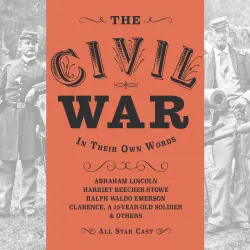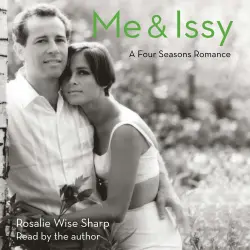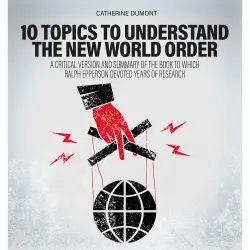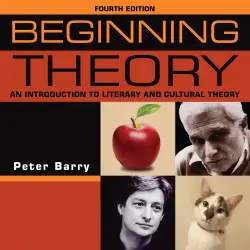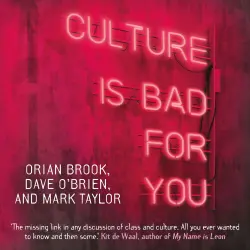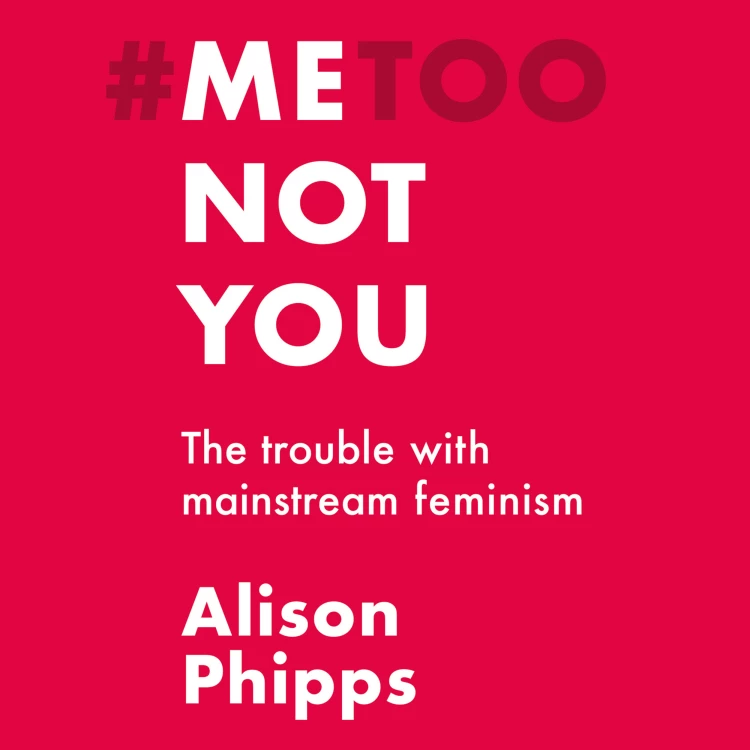
Me, not you - The trouble with mainstream feminism
Alison Phipps
unabridged
5 uur 15 minuten
Opmerking: Er kunnen kosten verbonden zijn aan het afspelen van de audioboeken of hoorspelen op de respectievelijke platforms, bijv. Spotify. Lismio heeft geen invloed op welke luisterboeken en hoorspelen beschikbaar zijn op de service.
Sommige artikelen bevatten affiliate links (gemarkeerd met een sterretje *). Als je op deze links klikt en producten koopt, ontvangen we een kleine commissie zonder extra kosten voor jou. Uw steun helpt ons deze site draaiende te houden en nuttige inhoud te blijven maken. Hartelijk dank voor uw steun!
Van de uitgever
The Me Too movement, started by Black feminist Tarana Burke in 2006, went viral as a hashtag eleven years later after a tweet by white actor Alyssa Milano. Mainstream movements like #MeToo have often built on and co-opted the work of women of colour, while refusing to learn from them or centre their concerns. Far too often, the message is not 'Me, Too' but 'Me, Not You'. Alison Phipps argues that this is not just a lack of solidarity. Privileged white women also sacrifice more marginalised people to achieve their aims, or even define them as enemies when they get in the way. Me, not you argues that the mainstream movement against sexual violence expresses a political whiteness that both reflects its demographics and limits its revolutionary potential. Privileged white women use their traumatic experiences to create media outrage, while relying on state power and bureaucracy to purge 'bad men' from elite institutions with little concern for where they might appear next. In their attacks on sex workers and trans people, the more reactionary branches of this feminist movement play into the hands of the resurgent far-right.






